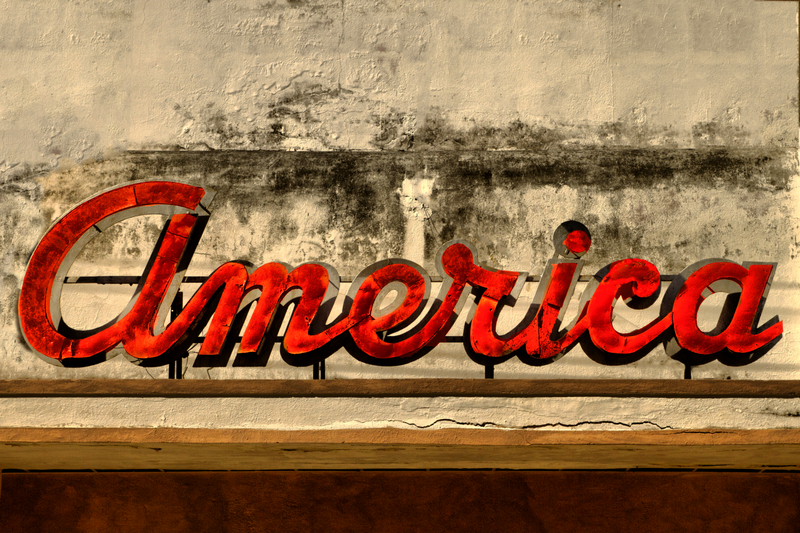Freedom is subjective as most of us know; if you can own whatever long-gun you want, for instance, but cannot get ammunition, really what you have is a very expensive club.
But based on Cato's criteria, here are the freest and least free states in the USA.
The report by the Cato Institute examines everything from tax laws to gun laws to government regulation to education freedom and found that the five freest states are:
1. New Hampshire
2. Alaska
3. Oklahoma
4. Indiana
5. South DakotaThe five states with the least freedom are:
6. Maryland
7. New Jersey
8. Hawaii
9. California
10. New YorkThe reasons why the Empire State came in No. 50 in the freedom survey include:
• A local tax burden twice that of the average state.
• Local taxes consuming 7.8 percent of the average New Yorker’s income.
• The nation’s strictest gun control laws.
• Laws that make it perhaps the worst state for homeschooling.Some of the reasons why New Hampshire ranked so high include:
• State taxes as a share of personal income at 2.8 percent.
• Local taxes as a share of income at 4.8 percent.
• One of the best states for gun rights; there are almost no restrictions on concealed and open carry.Ruger and Soren calculated freedom in each state using more than 230 variables. Some of these included land-use regulations, insurance requirements, licensing, gun rights and asset forfeiture. Cato is a libertarian think tank.
These rankings were divided into three broad categories: regulatory policy, personal freedom and fiscal policy. Regulatory policy is a measure of how much freedom businesses have in a state, personal freedom is a ranking of individual liberty, and fiscal policy is a measure of the level of taxes and government spending.
Having lived in New Hampshire for over 15 years now, Cato's finding rings true at the state level; left out, however, is the “freedom quotient” of local governments.
That example about the fire pit, for instance, applies to most municipalities in the Granite State – you need a permit, even though the law is rarely enforced.
Another is infrastructure and freedom of movement – rural states tend to have only a couple of major highways, if that, which can greatly restrict bug-out potential, although they tend have much more open and wild spaces.
Tell us your opinion below and for more information on Cato's study, check out Off the Grid News.

If there is a collapse, I dont give two shits about takes, gun laws, or wages. All that matters is surviving other humans stupidity. I am looking for military traffic, areas prone to gov military issued shut down, what resources are available, if a bomb is likely to drop near me, and staying away from large populations and main trade routes that could become threat from bandits, or military.
Oregon was in the top 5 last time. I’m okay with it not being there now.
Right?